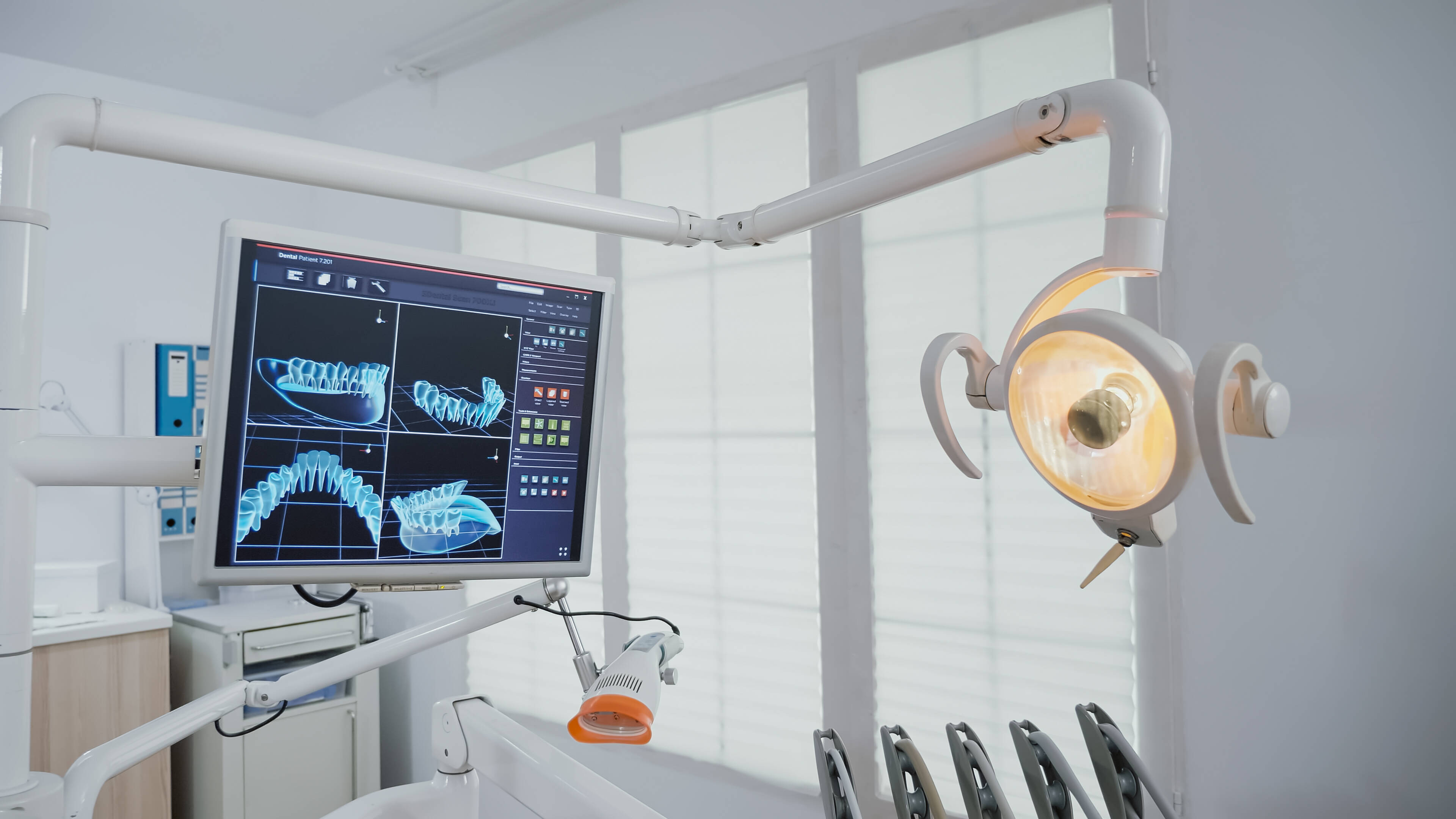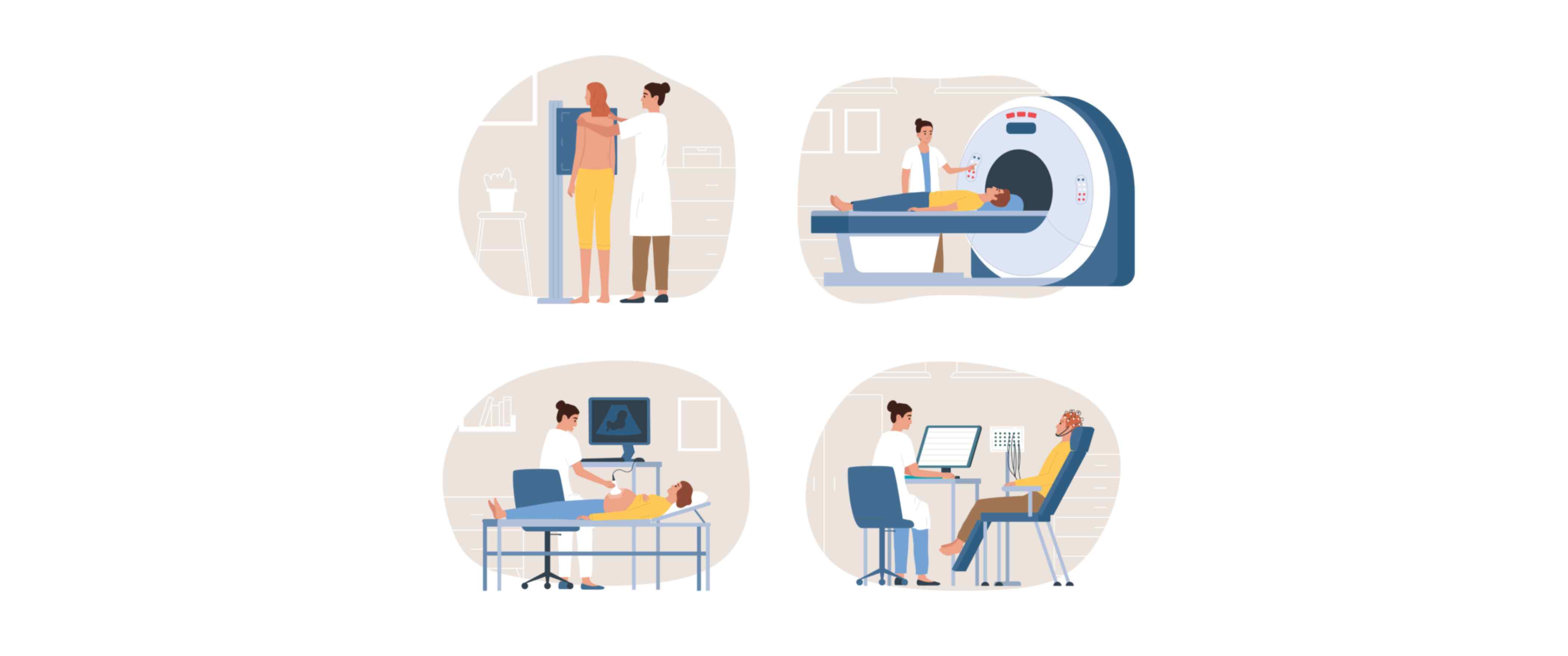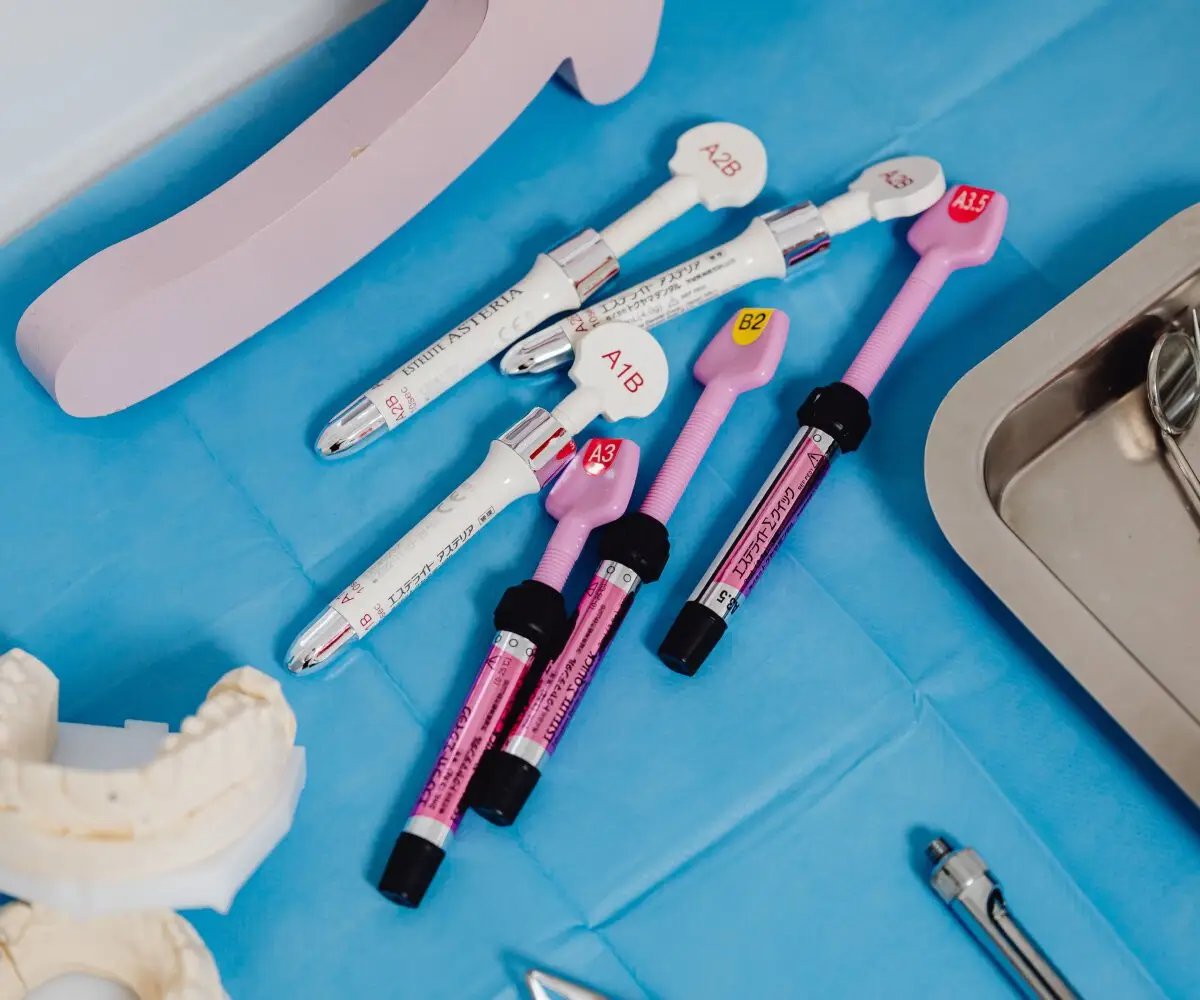Why Medical Imaging Device Manufacturers Should Choose Artificial Intelligence
Artificial Intelligence (AI) is revolutionizing various industries, and the medical device sector is no exception. The integration of AI in healthcare has opened up new avenues for improving patient care and diagnostic processes. In the realm of medical imaging, AI offers innovative solutions to enhance the accuracy and efficiency of diagnoses, benefiting both healthcare providers and patients.
What is the Role of AI in the Medical Device Industry?
AI plays a significant role in the medical device industry by revolutionizing the way medical devices operate. Through the application of AI algorithms and machine learning techniques, medical devices can automate diagnostic processes and improve overall efficiency.
Application of AI in Medical Devices
AI is utilized in medical devices to enhance diagnostic capabilities, such as in imaging techniques like MRI and CT scans. By utilizing AI algorithms, devices can detect abnormalities with greater accuracy and efficiency compared to traditional methods.
Benefits of Using AI in Healthcare
The use of AI in healthcare provides numerous benefits, including improved patient outcomes, personalized care, and enhanced decision support for medical professionals. AI-driven solutions can streamline clinical practices and optimize treatment plans based on individual patient needs.
Impacts of AI on Patient Care
AI has a profound impact on patient care by enabling early detection of diseases, such as breast cancer, through advanced imaging analysis. By automating diagnostic processes and leveraging AI-based algorithms, radiologists can provide more accurate and timely diagnoses, ultimately improving patient care outcomes.
How Does AI Improve Medical Diagnosis in Imaging?
AI significantly enhances medical diagnosis in imaging by automating diagnostic processes and supporting radiologists in interpreting medical images effectively. The combination of AI and medical imaging techniques leads to more precise and timely diagnoses.
Automating Diagnostic Processes with AI
AI automates diagnostic processes by analyzing medical images for abnormalities and lesions, enabling faster detection and diagnosis of conditions. Through deep learning algorithms, AI can assist in flagging potential health issues that may go unnoticed by the human eye.
Use Cases of AI in Detecting Abnormalities
AI is instrumental in detecting abnormalities in medical images, such as identifying cancerous lesions in mammography screenings. By leveraging AI algorithms, medical devices can accurately diagnose abnormalities and provide early intervention for better patient outcomes.
The Role of Artificial Intelligence in Supporting Oral Diagnosis, Radiologists and Specialty Physicians
AI serves as a valuable tool for oral diagnosticians, radiologists and specialty physicians by providing decision support and assisting with complex image analysis tasks. Working together with AI can improve diagnostic accuracy and simplify the interpretation of medical images.
The Role of AI in Supporting Radiologists
AI serves as a valuable tool for radiologists by providing decision support and aiding in complex image analysis tasks. By working in conjunction with AI, radiologists can improve diagnostic accuracy and streamline the interpretation of medical images.
What are the Challenges and Opportunities of AI in Medical Imaging?
While AI presents tremendous opportunities for enhancing medical imaging, there are also challenges that need to be addressed, such as regulatory considerations and potential risks associated with AI-based diagnostic algorithms. However, promising developments in AI offer new possibilities for advancing healthcare practices.
Regulatory Considerations for AI in Healthcare
The FDA and other regulatory bodies play a crucial role in evaluating AI-based medical devices to ensure their safety and efficacy in clinical settings. Compliance with regulatory standards is essential for the widespread adoption of AI in medical imaging.
Potential Risks of AI-Based Diagnostic Algorithms
AI-based diagnostic algorithms may pose risks related to erroneous diagnoses or privacy concerns regarding patient data. It is imperative for medical device manufacturers to address these risks through robust quality control measures and adherence to privacy policies.
Promising Developments in AI for Medical Applications
Ongoing advancements in AI technologies offer exciting prospects for improving medical applications, such as enhancing diagnostic accuracy and integrating AI into computer-aided diagnosis systems. By leveraging AI, medical imaging devices can revolutionize patient care and outcomes.

How Can AI Enhance Patient Outcomes in Medical Imaging?
AI plays a pivotal role in enhancing patient outcomes in medical imaging by improving diagnostic accuracy, personalizing patient care, and optimizing imaging processes. The integration of AI technologies in medical devices leads to better healthcare delivery and patient satisfaction.
Improving Diagnostic Accuracy through AI
AI enhances diagnostic accuracy by analyzing medical images and identifying subtle variations or abnormalities that may be missed by traditional methods. By providing precise diagnostic insights, AI contributes to early disease detection and treatment planning.
Personalizing Patient Care using AI
AI enables personalized patient care by tailoring treatment plans and interventions based on individual health profiles and medical history. By leveraging AI algorithms, healthcare providers can deliver customized care that meets the unique needs of each patient.
Implementing AI in MRI and Breast Cancer Diagnosis
AI integration in MRI scans and breast cancer diagnosis has transformed the way medical professionals detect and treat these conditions. From accurate image analysis to automated lesion detection, AI technologies significantly impact patient outcomes in these critical areas of healthcare.
What is the Future of Artificial Intelligence in Medical Imaging Devices?
The future of AI in medical imaging devices looks promising, with advancements in AI-based image analysis, machine learning integration, and data security enhancements. As computing power and AI algorithms evolve, medical imaging devices will continue to evolve in accuracy and efficiency.
Advancements in AI-Based Image Analysis
AI-based image analysis tools are advancing rapidly, enabling more precise and detailed examination of medical images for diagnostic purposes. These tools help in detecting abnormalities and guiding treatment decisions with greater accuracy.
Integration of Machine Learning in Computer-Aided Diagnosis
The integration of machine learning algorithms in computer-aided diagnosis systems enhances the diagnostic capabilities of medical imaging devices. By combining AI with traditional diagnostic methods, healthcare professionals can leverage comprehensive insights for improved patient care.
Ensuring Data Security and Privacy in AI-Driven Medical Devices
With the increasing use of AI in medical devices, maintaining data security and privacy is paramount. Robust privacy policies and secure data management practices are crucial to safeguarding patient information and ensuring compliance with regulatory guidelines.
Why Should Medical Imaging Device Manufacturers Choose CranioCatch?
Discover the power of CranioCatch AI enhanced with 100+ AI Models, 1M+ Dental X-rays, 5M+ Tags and 450+ Findings!Seamless AI Power in dentistry with full integration with healthcare software companies, medical imaging companies and dental imaging device manufacturers!
CRANIOCATCH AI and Software Integrator;
- Patient Information Management Systems: Integration with patient information management systems facilitates data management.
- Image Archiving and Communication Systems: Ensures archiving and transmission of images by working in harmony with these systems.
- Dental Information Management Systems: Offers full integration with dental information management systems.
- Electronic Medical Record and Workflow Management Systems: Integrates with electronic medical record and workflow management systems.
- Clinical Decision Support Software: Supports doctors' decision-making processes by working in harmony with clinical decision support software.
CRANIOCATCH AI and Medical Imaging Device Integrator;
- Medical Imaging Device Manufacturers,
- Integrates with Dental Imaging Device Manufacturers.
Become a CRANIOCATCH Artificial Intelligence Integrator!
We stand by our Integrator Partners with our extensive network in the field of dentistry and our passionate team with international experience!





 Contact Us
Contact Us

